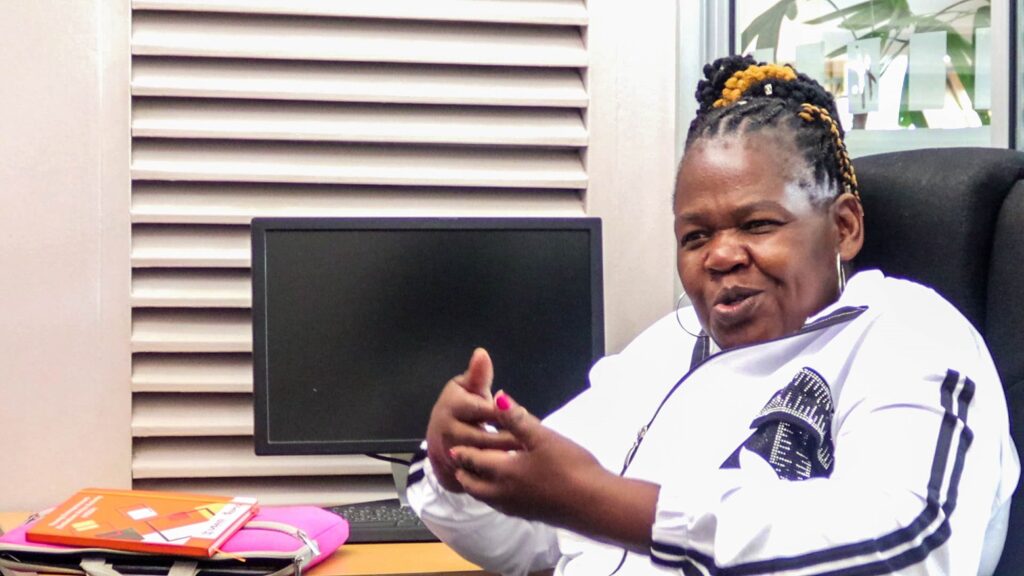REPSSI’s Project Fosters Acceptance and Empowerment for People with Disabilities

Mrs. Sibusisiwe Marunda, the REPSSI Zimbabwe Country Director, shared insights about the Inclusive Disability Project and its transformative effects on the communities it serves. Funded by Christian Blind Mission Global, this project is currently implemented in Chimanimani and Chipinge, within Manicaland province.
“When people lack understanding about disability, they often cling to harmful beliefs, including associating disability with witchcraft,” Mrs. Marunda explained. Unfortunately, this stigma leads to discrimination against individuals with disabilities. In some cases, parents of children with disabilities believe their children do not need education, preventing them from reaching their full developmental potential.
“It’s heartbreaking,” she continued. “We’ve seen children tied to trees simply because their disabilities embarrass their parents. This leads to isolation and hinders their social development.” These children frequently face mental health challenges, with lowered self-esteem and feelings of unworthiness. Caregivers, too, often withdraw from community activities, which can take a significant toll on their mental health.
Through the Inclusive Disability Project, REPSSI Zimbabwe aims to foster self-acceptance among individuals with disabilities and raise awareness to combat discrimination. “We focus on empowering individuals to recognize that ‘disability does not define me,’” Mrs. Marunda stated. “Once we support individuals, we extend our efforts to schools and healthcare providers to build a comprehensive support system, helping them feel less isolated.”
Beneficiaries of the program have reported positive changes, particularly in mental health conversations. Caregivers are learning how to manage stress and anxiety, leading many to seek help. “It’s encouraging to see community members becoming more accepting and understanding of disability,” she noted. “Persons with disabilities are now participating in various community activities.”
Mrs. Marunda emphasized the importance of a dual approach: “It’s essential to not only target individuals with disabilities but also their families and communities. We adopt a social-ecological approach to achieve more significant outcomes.” She also highlighted the need for practical support, such as renovations to make schools and health facilities accessible and inclusive.
“Knowledge alone isn’t enough,” she explained. “When families struggle financially, it’s vital to support mindset change while also providing seed funding and training in specific trades. This helps restore their sense of self-worth and allows them to contribute to their households.”
With these efforts, REPSSI Zimbabwe is not only changing lives but also transforming community perceptions, creating an environment where individuals with disabilities can thrive.
